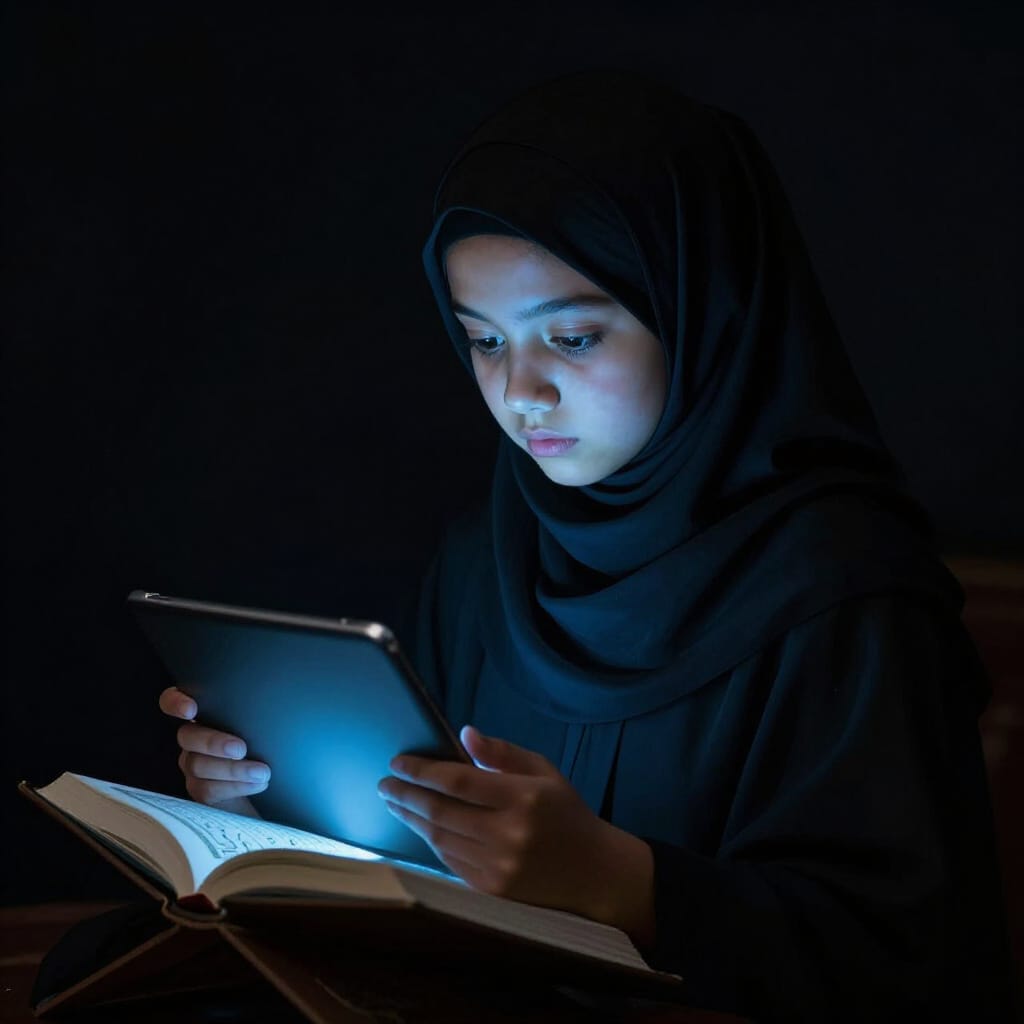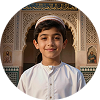
4.9 ratings based on 1,000+ reviews
Master the 7 & 8 Maqamat of Quran in 6 Months or Less
Master the 7 & 8 Maqamat of the Quran with our expert-led Online Maqamat Quran Course. Learn Quran Maqamat, melodic recitation, and voice control through structured online lessons. Join students across the USA, UK, Canada, and Australia and recite the Quran beautifully with confidence.

10+
Years in industry
50+
PHD Tutors
1000+
Active Students
5k+
Happy Students
Features and benefits
Learn Maqamat Quran Online | Quran Maqamat Training for Beautiful Quran Recitation
Learn Maqamat Quran online with expert teachers, mastering melodic recitation, voice control, and Tajweed for beautiful and expressive Quran recitation.

Maqamat Meaning
Maqamat means melodic modes used in Quran recitation to beautify voice, tone, and rhythm while following Tajweed rules.

7 Maqamat Quran
are the primary melodic styles used to enhance Quran recitation with proper tone, rhythm, and emotional expression while observing Tajweed rules.

Maqamat Scale
teaches the melodic scales of Quran recitation, helping students control tone, rhythm, and beautiful vocal expression accurately.

Arabic Maqamat
are melodic systems used in Quran recitation to enhance tone, rhythm, and emotional expression while maintaining proper Tajweed rules.

Different types of Maqamat
include Bayati, Rast, Hijaz, Nahawand, Saba, Kurd, Ajam, and Sikah, commonly used to beautify Quran recitation with proper rhythm and tone.

Maqamat Institute
is a specialized learning platform dedicated to teaching Quran Maqamat, helping students master melodic recitation, voice control, and expressive Quran recitation under expert guidance.

8 Maqamat Quran
represent an expanded set of melodic patterns used in Quran recitation, enabling reciters to apply varied vocal tones, rhythmic flow, and expressive beauty while strictly following Tajweed and recitation rules.

Maqamat Course
teaches the melodic modes of Quran recitation, helping students develop voice control, rhythm, and beautiful Quran recitation while maintaining proper Tajweed rules.
Featured sections
7 & 8 Maqamat Quran Course USA, UK, Canada, Australia.
Learn the 7 & 8 Maqamat Quran online with expert teachers, offering flexible classes for students in the USA, UK, Canada, and Australia.

Maqamat Quran
Why Choose Our Maqamat Course?
- Expert teachers with years of experience in 7 & 8 Maqamat Quran
- Structured lessons for step-by-step learning and long-term retention
- Flexible online schedules for kids, adults, and sisters
- Keywords: Maqamat Course, 7 Maqamat, 8 Maqamat, Tajweed rules
Quran Maqamat
Maqamat Course Features
- Learn 7 & 8 Maqamat Quran with interactive guidance
- Structured lessons covering melody, rhythm, and proper Tajweed
- One-to-one sessions for personalized feedback and improvement
- Flexible schedules for USA, UK, Canada, and Australia
- Practical exercises for fluent and beautiful recitation
- Keywords: Quran Maqamat, Maqamat Training Online


Learn Maqamat
Who Can Join the 7 & 8 Maqamat Course
- Beginners, kids, adults, and sisters wanting to learn Quran Maqamat
- Anyone looking to improve Tajweed, pronunciation, and melodic recitation
- Flexible online Maqamat classes suitable for all time zones
- Keywords: Quran learners, online Maqamat classes
Maqamat Course
About Quran Maqamat
- Quran Maqamat are melodic modes used to beautify Quran recitation with proper rhythm and tone
- Helps students improve voice control while strictly following Tajweed rules
- Focuses on emotional expression without altering Quranic pronunciation
- Taught by expert teachers through structured online Maqamat Quran courses
- Suitable for beginners, advanced learners, kids, adults, and sisters


7 & 8 Maqamat
Global Maqamat Quran Learning – USA | UK | Canada | Australia
- Learn Quran Maqamat online from anywhere in the world
- Flexible class timings for students in the USA, UK, Canada, and Australia
- One-to-one and interactive online sessions with expert instructors
- Structured lessons designed for consistent progress and mastery
- Accessible online learning platform with personalized guidance and support
Courses
Admission Routes
Admission Routes offer simple online enrollment options for joining our Maqamat Quran course from anywhere worldwide.
1
Month
Maqamat Quran for Kids, Adults & Sisters
2 × 4 = 8 classes
30 minutes per class
$85/Month
6
Months
Quran Maqamat for Kids, Adults & Sisters
2 × 4 × 6 = 48 classes
30 minutes per class
$480/Semi Annual
1
Year
Maqamat Course for Kids, Adults & Sisters
2 × 4 × 12 = 96 classes
30 minutes per class
$900/Annual
Testimonials and reviews
What Students Say About Our Maqamat Quran Course
Hear from our global students who successfully learned 7 & 8 Maqamat Quran online, improved their melodic recitation, and mastered Quran Maqamat with expert guidance across the USA, UK, Canada, and Australia.

Ayesha Khan
London, UK

“Learning 7 & 8 Maqamat Quran online improved my recitation and Tajweed skills.”

Omar Sheikh
Toronto, Canada

“I now recite beautifully using proper 7 & 8 Maqamat thanks to this course.”

Sara Malik
London, UK

“The Online Maqamat Course provides step-by-step guidance for beginners and advanced learners.”

Bilal Ahmed
New York, USA

“The Online Maqamat Course helped me master melodic Quran recitation easily.”

Fatima Noor,
Birmingham, UK

“Flexible online classes made learning Maqamat Quran easy and effective.”

Ahmed Raza
Vancouver, Canada

“I improved my recitation with expert-led 7 & 8 Maqamat Quran lessons.”

Maryam Ali
Sydney, Australia

Expert teachers guided me to understand Quran Maqamat training perfectly.”

Yusuf Khan
Melbourne, Australia

“Interactive sessions helped me master Quran Maqamat online confidently.”

Hina Farooq
New York, USA

“Structured classes and personalized feedback made Quran Maqamat training engaging and easy.”
Frequently asked questions
Got questions? We’ve got answers.
Find clear answers to common questions about our 7 & 8 Maqamat Quran Course, including online learning, eligibility, course duration, Tajweed compliance, and global access for students in the USA, UK, Canada, and Australia.
What is Quran Maqamat?
Quran Maqamat are melodic modes used to beautify Quran recitation while strictly following Tajweed rules.
How many Maqamat are used in Quran recitation?
Commonly, 7 and 8 Maqamat are taught for structured and melodious Quran recitation.
Can I learn Maqamat Quran online?
Yes, you can learn Quran Maqamat online through live classes with expert teachers worldwide.
Is the Maqamat course suitable for beginners?
Yes, the Maqamat Quran course is suitable for beginners, kids, adults, and advanced learners.
How long does it take to learn 7 & 8 Maqamat Quran?
ost students can master 7 & 8 Maqamat within 3 to 6 months with regular practice.
Do Maqamat affect Tajweed rules?
No, Maqamat enhance voice and melody while fully preserving Tajweed and pronunciation rules.
Who can join the online Maqamat Quran course?
Students from the USA, UK, Canada, and Australia of all ages can join the online Maqamat course.
Other Courses
Advanced Courses
01
Maqamat Course
helps students learn Maqamat online, mastering Quranic melody, rhythm, and voice control with proper Tajweed.
02
Tajweed Classes
provide step-by-step Tajweed Quran for beginners, helping learners recite the Quran correctly with proper pronunciation and rules.
03
Quran Reading
classes offer guided Online Quran learning to improve fluency, pronunciation, and confident recitation from home.
04
Hifz Classes
provide structured Hifz Online programs to help students memorize the Quran with accuracy, revision, and expert guidance.
05
Quran Memorization
programs offer structured learning through a trusted Quran Hifz school in UK, supporting accurate memorization and regular revision.
06
Qirat Course
offers authentic Quran recitation training, including Saba Ashra Qirat, guided by expert teachers with proper Tajweed and classical methods

Enroll in Our Maqamat Quran Classes Today
- Join the 7 & 8 Maqamat Online Course and master melodic Quran recitation
- Flexible schedules for students in USA, UK, Canada, and Australia
- Expert teachers provide personalized guidance for kids, adults, and sisters
- Interactive lessons with step-by-step Tajweed and voice control training